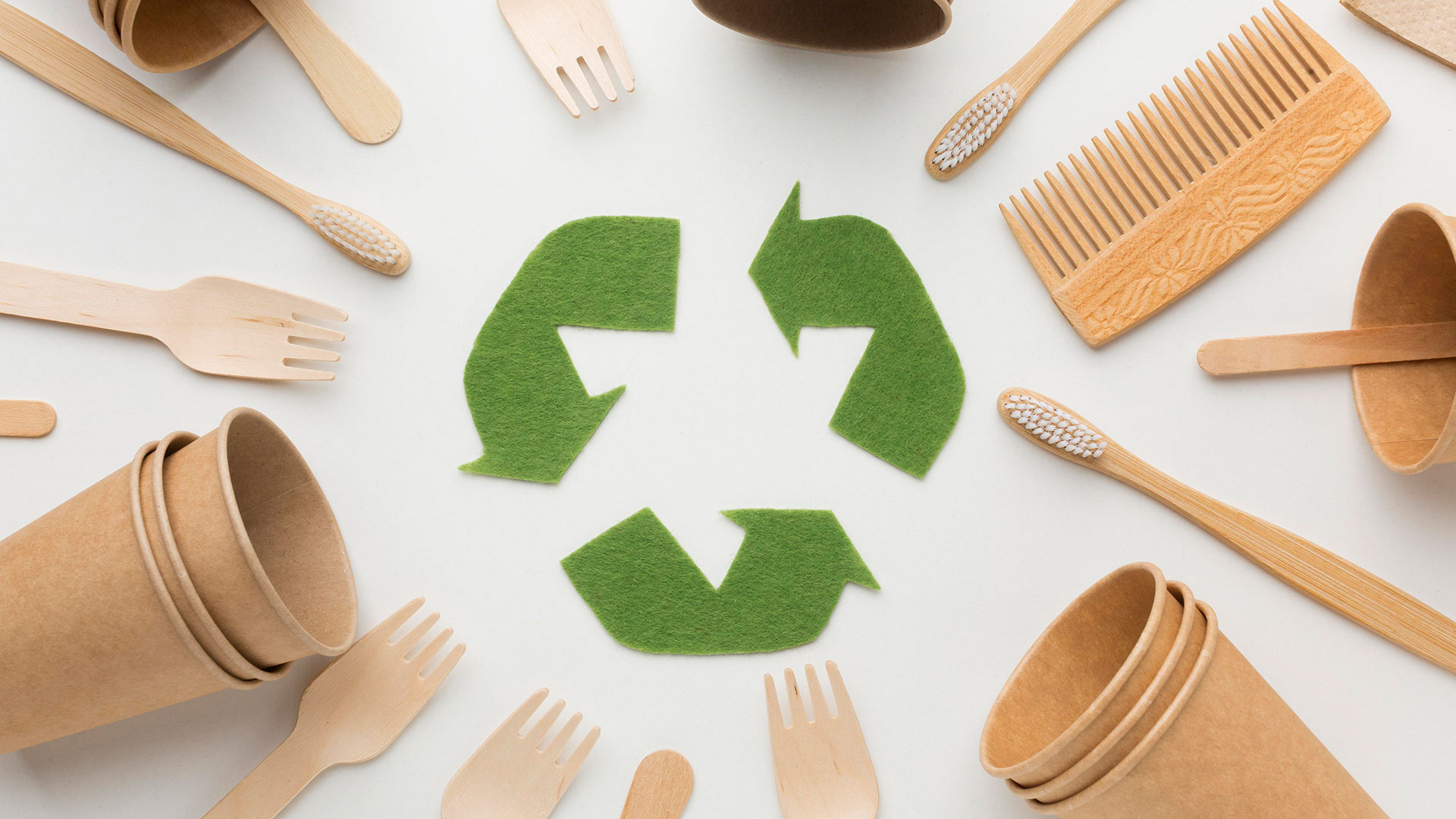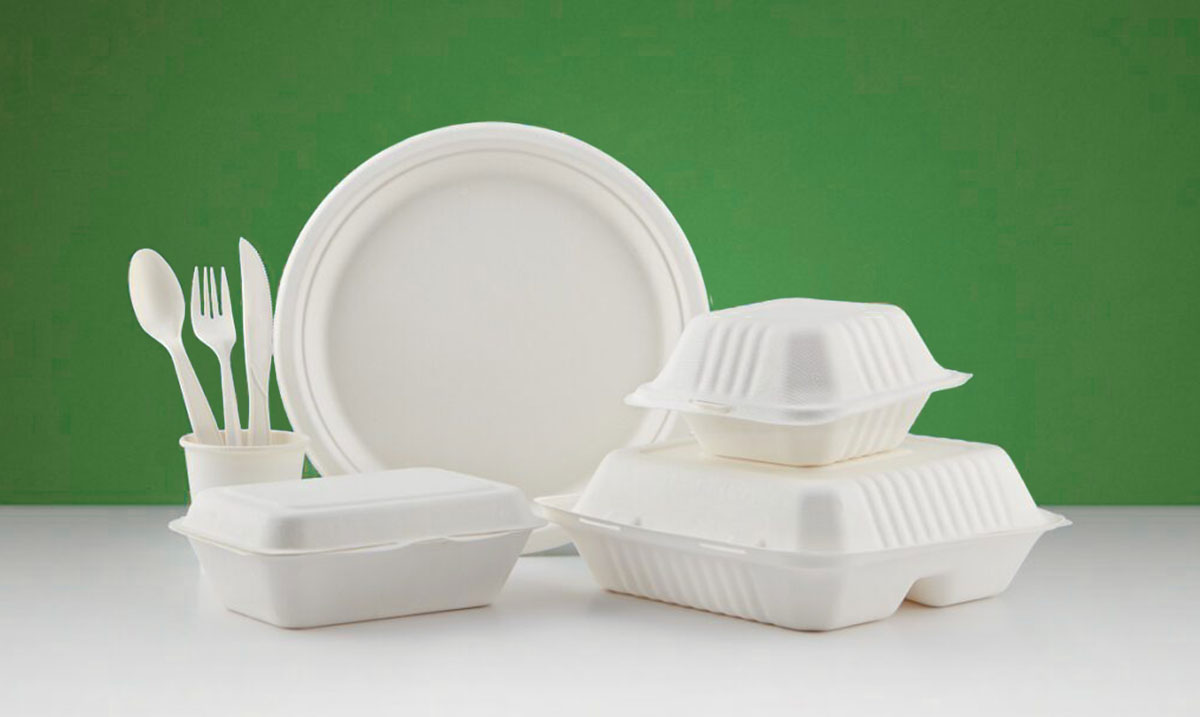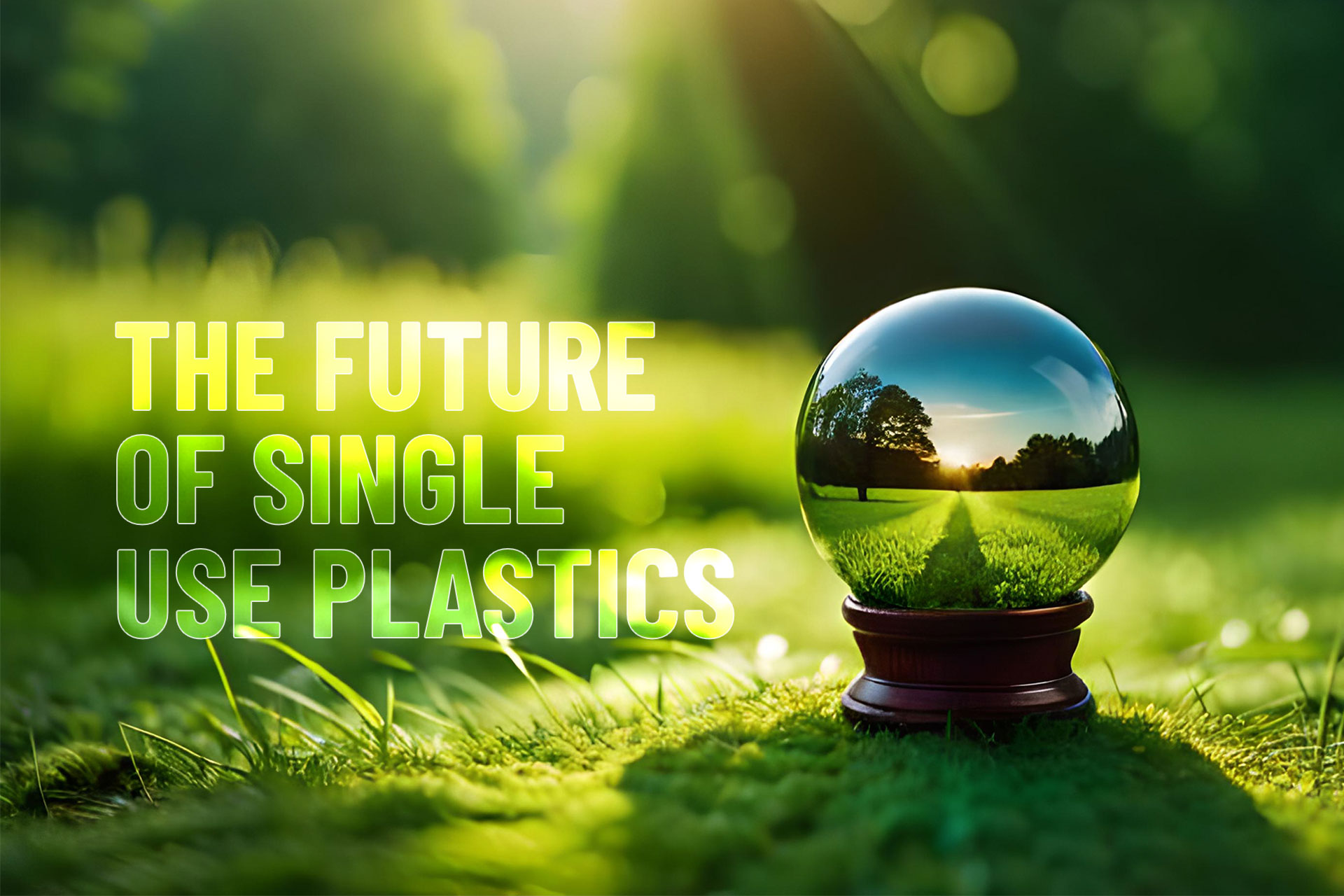
The Benefits of Using Biodegradable Catering Disposables
With the upcoming changes to UK legislation around single use plastics, we consider the key benefits of switching to biodegradable alternatives.

The UK government has taken several steps to address the issue of single-use plastics. In April 2018, it launched a 25-year plan to eliminate avoidable plastic waste, which set out a range of measures to tackle the issue, including:
A ban on the sale of plastic straws, stirrers, and cotton buds, which came into effect in England in October 2020.
The introduction of a plastic packaging tax from April 2022, which will apply to plastic packaging with less than 30% recycled content.
The launch of a deposit return scheme for drinks containers in England, Wales, and Scotland, which is expected to be introduced in 2023.
A commitment to introduce a ban on the export of plastic waste to developing countries, which is currently under consideration.
From October 2023, the UK government has announced that a range of polluting single-use plastics will be banned in England. The ban will include single-use plastic plates, trays, bowls, cutlery, balloon sticks, and certain types of polystyrene cups and food containers.
This means you will not be able to buy these products from any business – this includes retailers, takeaways, food vendors and the hospitality industry.
It is expected that banning these items will have a significant impact in reducing plastic waste and littering in England. Plastic cutlery, for instance, was in the top 15 most littered items in the country by count in 2020.
The ban will not apply to plates, trays, and bowls that are used as packaging in shelf-ready pre-packaged food items.
There are of course, many existing alternatives available on the market. Depending on your line of business, here are some of the options open to you:
Biodegradable or compostable materials: These are made from natural materials, such as cornstarch, sugarcane, or bamboo, and can be composted or biodegraded after use.
Reusable or refillable containers: These can include glass, metal, or durable plastic containers that can be washed and reused, or refillable dispensers for condiments, sauces, or beverages.
Paper or cardboard: These materials can be used for plates, bowls, cups, and cutlery, and can be recycled after use.
Plant-based plastics: These are made from renewable resources, such as corn or potato starch, and can be composted or biodegraded after use.
Edible or biodegradable food packaging: These are made from materials that are safe to consume, such as edible rice paper, or biodegradable materials such as algae-based packaging.
Naturally, it’s equally important to carefully consider the environmental impact of any alternative materials used and ensure they are properly disposed of or recycled to avoid contributing to other environmental problems.
At this moment, the answer is yes. Choosing a plastic alternative almost always means a slightly higher cost. However, as demand grows (don’t forget that in October 2023 demand will be 100%), the cost of these products will come down significantly.
The most sensible approach to this change is to start looking into the best alternatives to suit your business and users. Most wholesalers offer a good range of eco-friendly products to replace your current plastics. If however, you are unsure of what is the best option or are in doubt of a suitable replacement, the best answer is to ask.
The UK generates approximately 2.26 million tonnes of plastic waste every year, with around 40% being packaging.
England uses 2.7 billion items of single-use cutlery — most of which are plastic — and 721 million single-use plates per year.
Only 10% of those 2.7 billion items are recycled.
If 2.7 billion pieces of cutlery were lined up they would go round the world over eight and a half times (based on a 15cm piece of cutlery).

With the upcoming changes to UK legislation around single use plastics, we consider the key benefits of switching to biodegradable alternatives.

Ever wondered what bagasse is? If you haven’t heard of it before, don’t worry, because of the governments drive to abolish single use plastics, bagasse is about to have its day in the sun.

From October 2023, the UK government has announced that a range of polluting single-use plastics will be banned in England. What does it mean for you?
Copyright © 2024 Eco Cup Store
Registered Office: Unit 9D Mapplewell Business Park, Mapplewell, Barnsley, S75 6BP.
Co. Reg. Number 14307342 VAT No. 427 9634 62